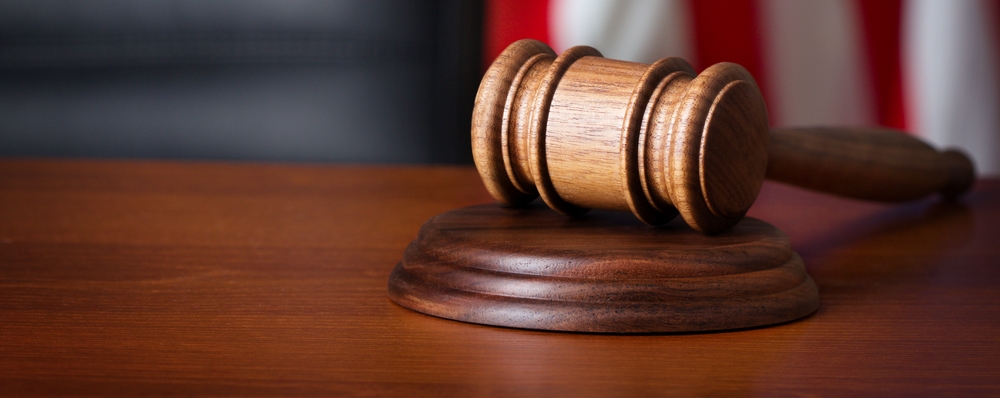

False Claims Act Materiality After Escobar

Along with my Post & Schell colleagues, Matt Newcomer and Carolyn Kendall, I recently co-authored an article for Law360 that examined the U.S. Supreme Court’s decision in Universal Health Services Inc. v. Escobar. We focused on the Court’s rejection of a bright-line rule on the False Claims Act's (FCA) materiality standard and adoption of a fact-specific standard that will need to be litigated on a case-by-case basis.
This is significant for companies and organizations that contract with the federal government because while Escobar endorses the implied false certification theory, it is far from a “victory” for the government and qui tam relators. The net impact of Escobar may well be to narrow the availability of the theory given the Court’s newly defined “rigorous” materiality standard.
The article goes into detailed analysis, but a couple of key points of note:
- The apparent need for a case-by-case determination of materiality was demonstrated by the Court’s discussion of what is, is not, or might be material.
- The Court’s decision reintroduces the concept of government knowledge of a false claim as a defense to an FCA case.
We will keep an eye on the cases decided post-Escobar to see how the court-sanctioned parameters and evidence of materiality develop, including the four circuit court decisions from the First, Fourth, Seventh, and Eighth circuits that the Escobar decision vacated and remanded.
Disclaimer: This post does not offer specific legal advice, nor does it create an attorney-client relationship. You should not reach any legal conclusions based on the information contained in this post without first seeking the advice of counsel.

